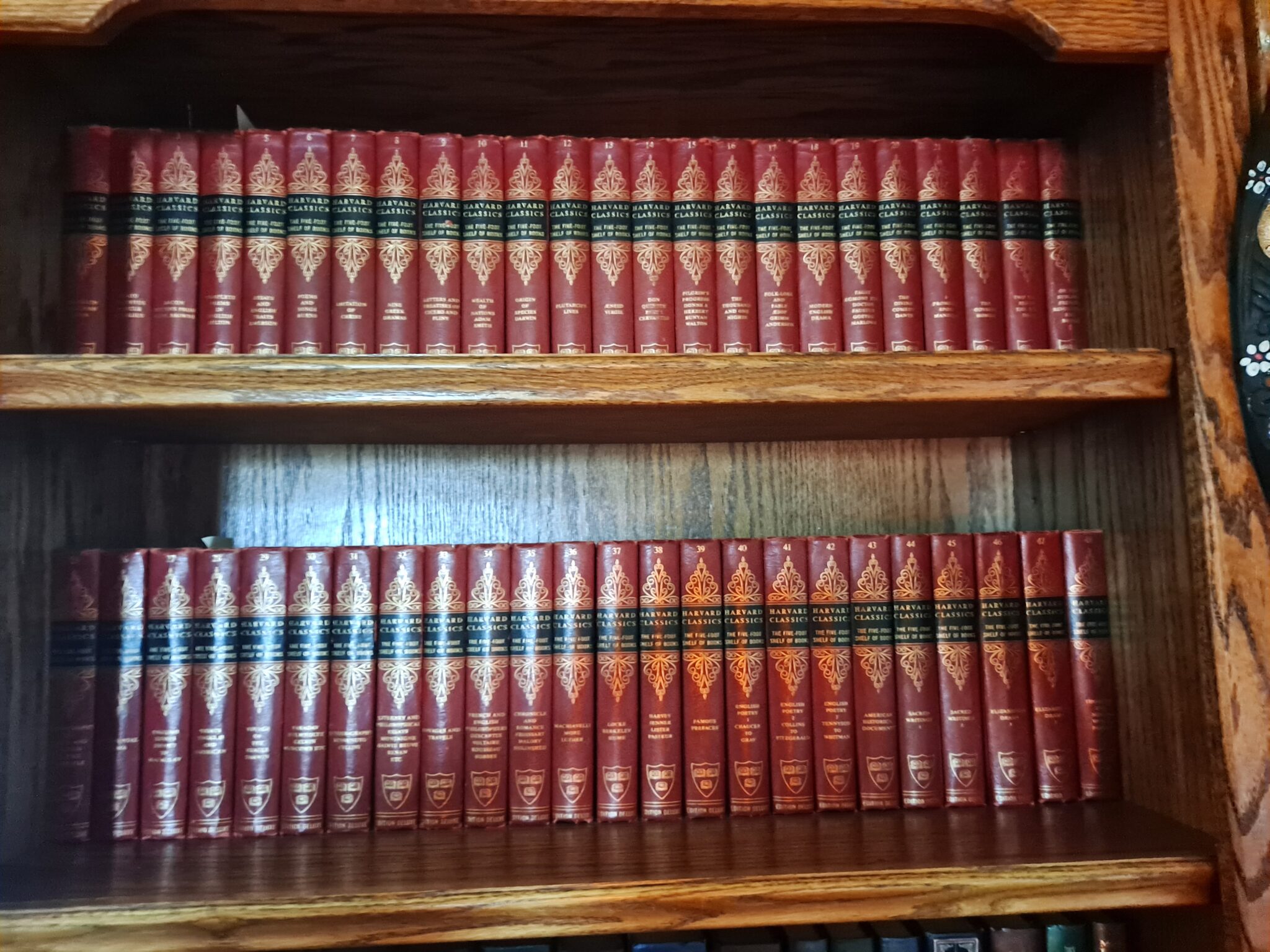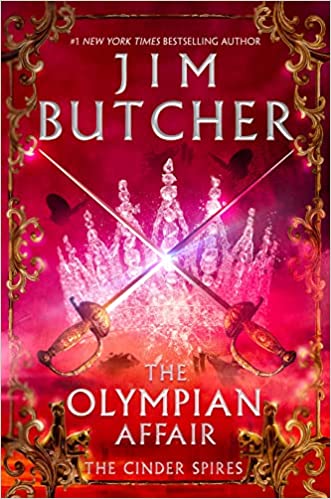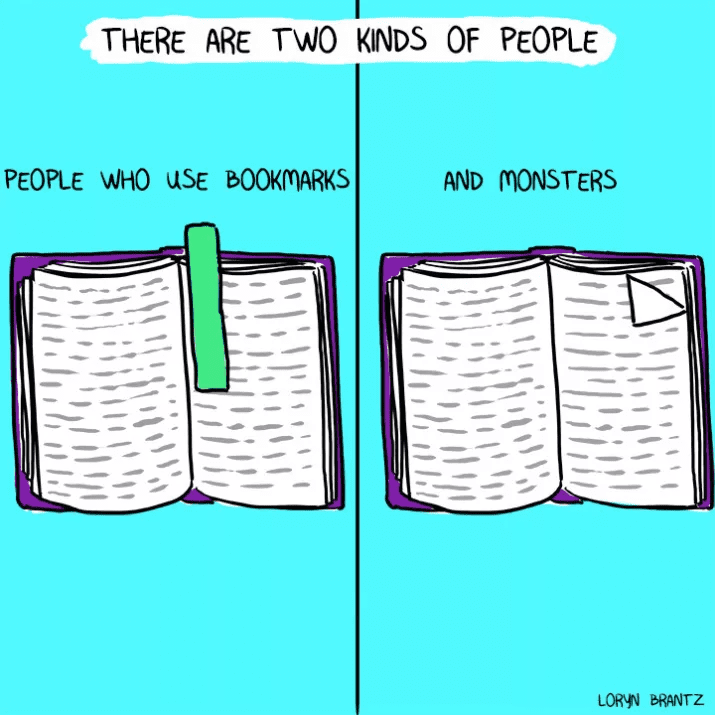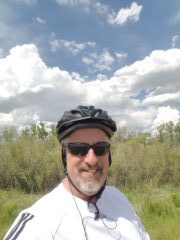
On New Years Day, I set myself a modest goal of reading 24 books in the upcoming year. Man, I have been on a tear lately. I have already finished 17 books this winter. I can usually read much faster than that, but I have given myself a reading challenge.
Years ago, decades actually, I was gifted an entire set of the Harvard Classics Five-Foot-Shelf-of-Books. Basically, a 50 volume Western Civ course for the home library. My edition was copyrighted in 1959. And on my shelves they have accumulated dust.
This year I decided it was time to delve into these tomes. After all, I am getting long of tooth and grey of beard. If not now, when? And let me tell you, these books run the gamut: biographies, Greek philosophy, English plays, Continental essays, natural history, politics, poetry, etc., etc. I set a target to read 10 pages a day. I didn’t want to rush through them just to say I had completed the set. I wanted to learn from them.
And I must say, I am glad I limited my reading to 10 pages a day. This reading is hard! I consider myself a relatively smart guy, but there are times I have to go back over sections because I failed to comprehend what the author was saying. Part of my struggle is that back in ye olden times, authors apparently believed that you should never say in a sentence what you can stretch out into a whole paragraph. Other times they flat out contradict themselves.
But it has been illuminating so far. My two favorite passages up to this point are by Benjamin Franklin and Thomas Browne. Franklin early on in life took up vegetarianism, but on a sea voyage from Philidelphia to Boston, he became rather hungry. The crew of his vessel landed some fish, and Franklin found a way to rationalize eating said fish: “So convenient a thing to be a reasonable creature, since it enables one to find or make a reason for every thing one has a mind to do.”
Thomas Browne’s quote is a good deal more heartfelt: “Lord, save me from myself”.
First review: The Olympian Affair

Book 1 of Jim Butcher’s Cinder Spires saga, The Aeronauts Windlass, was released way back in 2016. I found it to be an entertaining steampunk novel, written in a darker tone than most of Mr. Butcher’s other writings. I eagerly awaited a sequel. Sadly, however, it appears that Windlass was the last novel published before Mr. Butcher’s life got upended. Almost all of his writing, with the exception of a few short stories released here and there, got put on hold while he righted his ship.
I am happy to report that book 2 of the Cinder Spires series is a success. Colorful characters, an actual plot (sadly missing in a lot of modern TV shows and movies), and a well-crafted fantasy world.
The book continues with the adventures of one Captain Grimm, a disgraced former naval (aero?) officer of Albion spire who commands the ship and crew of the aeroship Predator. “Spires” are man-made structures, that reach heights of two miles or more above a hostile planet surface. Humans huddle in these spires, using chemical vats to produce their food and clothing. Airships are made from strange “trees” harvested on the deadly surface below. And war is brewing between spire Albion and spire Aurora, and other spires are being forced to choose sides.
Like I said, the world building is pretty amazing. And I must admit, the explanation on how humans ended up living in man-made spires on this weird world was a quite a surprise. Very clever, but no spoilers!
Interestingly, in the afterword, Mr. Butcher admits that once he finally got his life back on track, he wasn’t sure he wanted to continue to write this series. His fans implored him to continue, and I for one am glad he persevered.
The Olympian Affair a book by Jim Butcher (bookshop.org)
Intermission

Second review: Dragon Hunter – Roy Chapman Andrews and the Central Asiatic Expeditions

Roy Chapman Andrews is the kind of guy I wanted to be when I was a young man. A renowned explorer and renaissance man: he was a scientist, athlete, spy, author, professor and noted public speaker. He was also confident, self-assured, bold, adventurous and a natural leader. Basically, everything I am not.
According to Mr. Gallenkamp’s biography, Roy Chapman had an unremarkable childhood while growing up in Wisconsin. At an early age, he developed a keen interest in natural history. After college, he managed to find employment with the American Museum in New York, even though they weren’t hiring. He told the Director of the museum that he was willing to work as a janitor if that’s what it took. The Director took him up on that, and after working in the taxidermy lab during the day, Andrews mopped the floors in the evenings.
Earning his doctorate while working at the museum, Andrews gradually made his way up the ladder. Eventually he developed the pull to put propose expeditions overseas in the pursuit of scientific discovery. His need to expand his horizons eventually led him to the Far East, a region he immediately fell in love with, and where he would spend half his adult life.
He spearheaded several expedtions into the Gobi desert during the 1920s. His original purpose was to prove that Asia, and not Africa, was the birthplace of hominid species, including homo sapiens. In that regard, his expeditions failed. But by pure chance, his team uncovered in the harsh Gobi soil dinosaur fossils that would change the course of paleontology forever.
Roy Chapman Andrews and the Central Asiatic Expeditions is a breezy read. The first third is a little boring, but once we arrive in the Far East things really begin to pick up. There are rumors that Roy Chapman was the inspiration for Indiana Jones, but both Lucas and Spielberg have denied this. However, those old movie serials from the 30s and early 40s that those men loved so much as kids were inspired by noted explorers like Andrews, Lindbergh, Perry, Earhart and others. So, indirectly, Indiana Jones owes his birth to Roy Chapman Andrews.
Dragon Hunter: Roy Chapman Andrews and the Central Asiatic Expeditions: Gallenkamp

